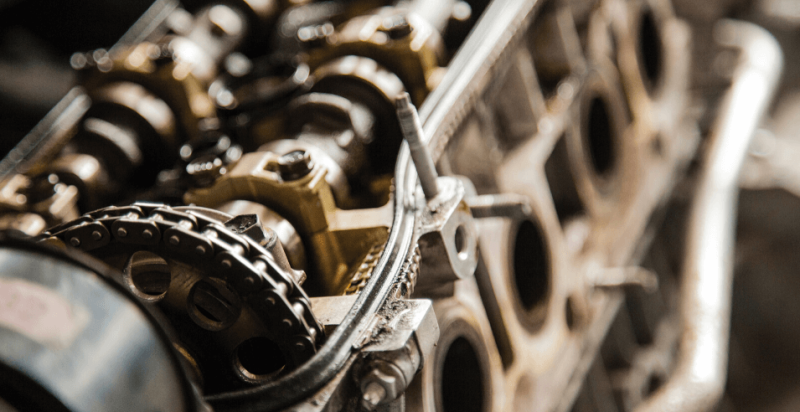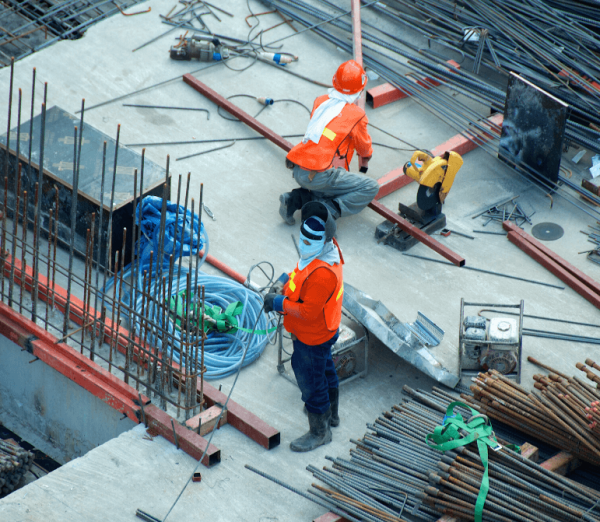The Impact of COVID19 on automobile industry is reshaping the Indian economy in its own way by forcing the investors to think again before investing.
The emergence of COVID 19 in 2020 has drastically affected the market. Industries like transportation and hospitality have been suffering from the extremity. This pandemic has affected different sectors discretely.
The enormous effect of the COVID19 world has created an uproar in the stock markets of every nation, including India. Due to the increasing cases of COVID19 the financial markets have gone down in the last few weeks. The finances of most of the companies have sunk, and few sectors have already started facing very bad time of recession. The situation has become so scary that many companies and organizations that were planning to offer their shares in the public market this year have started to bar their unveiling. Even though many companies have already postponed their IPO launch plans, some have just strategized to simply dive into the market as it’s the right time to do so.
IPO Corner is one such platform wherein you can get all the latest news on recent & upcoming IPO, IPO News, IPO market news, IPO calendar, IPO watch, IPO Analysis, IPO subscription news, IPO listing details, and IPO allotment status. All that you need to get your journey as an investor started.
To know more about the COVID19 impact on automobile industry, we talked to an expert, Mr. Deepak Phalle.
Mr. Deepak Phalle is the president of Laghu Udyog Bharati and the owner of Deepesh Pressing and Arya Industries. These Pune based companies are known names in vehicle manufacturing and cater to companies like Hyundai, Volkswagen, and Mahindra. Here are his views about the impact of Coronavirus India is facing.
Related Blog: Indian Startup News, Funding Alerts, Acquisition Alerts from 26 April to 1 May 2020
Q1. What do you think about the Impact of COVID19 on automobile industry in India?
Mr. Phalle: The impact of ‘COVID-19 India’ can be seen in two perspectives. The first is from the manufacturer’s perspective.
Manufacturing is facing limitations in many ways. The Indian government has issued a huge guideline related to production work. Among them is that the Medicalinspector will be guiding the workers to indulge in production. It means the worker will be checked on every stage. The movement of workers will be affected. This will suffer the availability of manpower in the factories.
Also, a standard operating procedure has been made necessary for man, machines, and materials. Every person is responsible for his family members, and his company is associated with it. We need to find ways to integrate these factors with manufacturing and other industrial processes and systems. There are already so many restrictions and limitations of space, metal movement, and hygiene of the metal are the issues that are adding on in the restrictions. All of these factors have resulted in increased cost of product manufacturing and labor
The other perspective of looking at ‘COVID19 India’ situation is that of demand from the market. Automobiles come under nonessential products. In the lockdown situation of the COVID19 world, people are thinking thrice before investing their hard-earned money in automobiles. So, the demand has drastically gone down. It has left no doubt that we are going through a recession.
When it comes to Coronavirus India, the consumer’s buying behavior moves heavily around the festival season. People buy automobiles, houses, and gold in these times. But as you can see, Akshay Tritiya and GudiPadwa have passed, but because of the lockdown, demand is dropped. The market saw very less trade that normal times.
Q2. What do you think about the future of the automobile industry?
The impact of COVID-19 on automobile industry in India has been disturbing. It has faced a reduction of more than 50% in demand. The factories are suffering. Businesses are going in losses. It will take a long time to get back to normal and recover the losses.
Q3. How do you think this recession will affect employment in small and medium-sized companies in our country?
The impact of COVID19 on automobile will definitely affect employment. Companies don’t have that much work now. They don’t need as many people as of earlier. The need for the workforce is directly proportional to demand. If 50% demand is reduced, then only 50% of the workforce will be needed.
Additionally, there is no availability of workforce. Everyone is afraid. A big chunk of the workforce that comes from distant states has already migrated. This migration happened in two phases. In the first phase, the nearby people went back to their hometowns. Because of the recent decisions of the government, the 2nd phase of migration will take place, in which workers from distant states like Bihar, U.P., Orissa, and Bengal will go back.
Though companies will try to attract manpower by paying more money and giving promotions, this strategy won’t work out.
There is going to be a shortage of manpower. The service industry is going to suffer the most. People from the service industry are already shifting to the manufacturing industry.
Q4. In such circumstances, how should we face the conditions?
We need to concentrate more on saving our economy. Industries need to come together to face these situations. We need to understand the importance of being in an ecosystem. We need manpower, suppliers, customers, and transporters. All of them are equally important, and the failure of anyone will lead to a big loss.
In such situations, your market reputation will save you and will provide you materiel for manufacturing.
The Impact of COVID-19 on automobile industry is playing the role of a game-changer in the Indian economy if compared to the last many years in the market, which isn’t analogous with the present economic situation as we predicted in this series, sponsored by IPO Corner.
Stay tuned to know about the impact of COVID-19 on other industries as we are coming up with a series(sponsored by IPO Corner) of efforts of digging deep to know more and more about the impact of COVID-19 on different industries.




